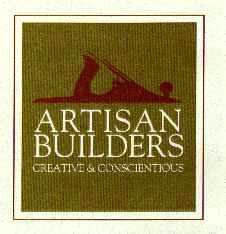Once the scope has been established and the cost estimated, a contract must be written for the work. Many builders use—and often lawyers require—the standard AIA contract of many many pages. In my mind it really has too much verbiage and “boiler plate” legal phrases to have much bearing on your basic residential kitchen remodel.
A good contract can have a load of line items to define schedule, change orders, furniture protection, and snow removal. My list has grown along the way as a new problem is encountered.
The real point of the contract is to define the cost and scope of work so that owner and builder alike can have as much agreement as possible. Where decisions have been made, name brands and colors should be included. No detail is too small because at the end of the project, if they see red, it solves the dispute to point out that “red” was in the contract.
Without decisions, an allowance with a specific price marks the item for later adjustment. My contracts name a specific “builder’s grade” brand and standard color. When they upgrade (and the usually do), the cost is raised with a change order. In case they don’t, the product named in the allowance must be of sufficient quality that we both can live with.
While the owner naturally wants a start and finish date, too many variables are at play at either end to commit in a contract. Lawyers suggest a penalty clause, but that immediately transforms the project energy from teamwork to adversarial. The builder’s ability to stay in business is directly related to the list of satisfied customers, so he has strong incentive to ensure timely and efficient work.
Ultimately, the cost and a schedule of payments is the main purpose of the contract. It is easy to reach an agreement about what should be done physically, but who pays for what, how much and when is where disputes arise. Whether a Fixed Price or a Cost Plus contract (to be discussed in another entry), all of the detail helps to smooth an inheritantly rough and unpredictable process.
So much can change over the course of a project. Surprises lurk behind every wall. Crew availability fluctuates. The owners can divorce or even die. The contract with both signatures and all attachments, including drawings and budgets, proves a partnership to start. A line at the bottom that agrees to seek mediation before a jury, if trouble arrives, can restore that balance. A project completed is so much better than starting all over with a different horse and just another contract.



No comments:
Post a Comment